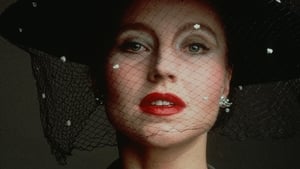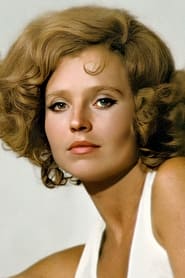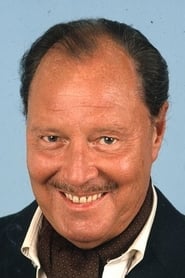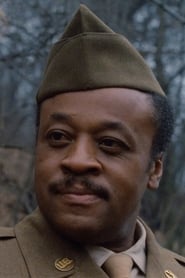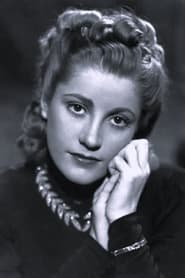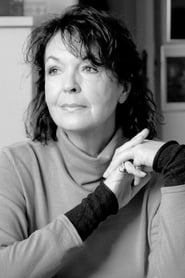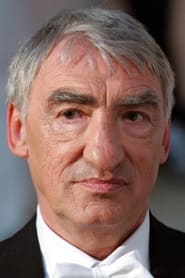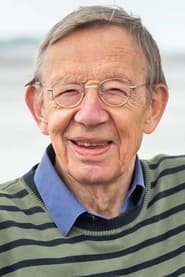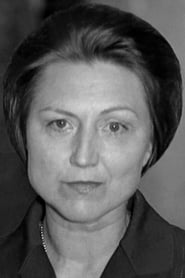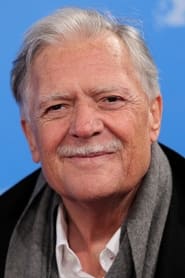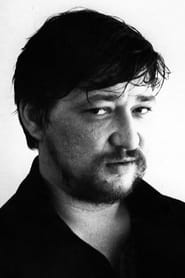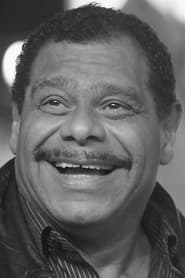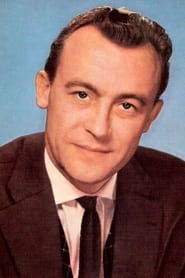Cast
View AllHanna Schygulla
as Maria Braun
Klaus Löwitsch
as Hermann Braun
Ivan Desny
as Karl Oswald
George Eagles
as Bill
Gisela Uhlen
as Mother
Elisabeth Trissenaar
as Betti Klenze
Gottfried John
as Willi Klenze
Hark Bohm
as Senkenberg
Günter Lamprecht
as Hans Wetzel
Lilo Pempeit
as Frau Ehmke
Michael Ballhaus
as Counsel
Rainer Werner Fassbinder
as Peddler
Günther Kaufmann
as American on Train
Claus Holm
as Doctor
Anton Schiersner
as Grandpa Berger
Crew
Director
- Rainer Werner Fassbinder
Producer
- Michael Fengler
- Hanns Eckelkamp
- Wolf-Dietrich Brücker
- Volker Canaris
Reviews
CinemaSerf
With the defeat of the Nazis looming large, "Maria" (Hanna Schygulla) marries her sweet-heart "Hermann" (Klaus Löwitch) before he is promptly sent off to the front and she loses all trace of him. With her nation now in ruins, she has no way of surviving and so has to adapt by using her wits, guile and even her body to keep alive. Fortunately, she alights on an American soldier who enables her to keep her head above water but she spurns anything more permanent as, even when told of his death, she refuses to abandon hope that "Hermann" will return. The thrust of this story continues for many a year as she begins to hone her skills of successfully combining satisfaction for others as well as herself with an increasing improvement in her circumstances. Sooner or later, though, one of these men will prove less gullible and/or lovestruck and her secret might just bring her new life tumbling down before she manages to reunite with an husband whom she's not even sure is still alive! This is a great looking drama that takes us on quite an emotionally turbulent trip into the debris of a city and a culture that saw "Maria" - like so many other hausfrau, left without any means of support as the Allies took control and struggled to deal with their own significant logistic problems. Schygulla delivers powerfully as a woman who must think on her feet to put bread on the table and a roof (or at least part of one) over her head. She's not by nature ruthless but when needs must she realises that she can rely on nobody but herself. Fassbender cleverly uses the screenplay and the bombed-out city-scape to create characters that do illicit a degree of counterintuitive sympathy. In may ways, she is a victim but will she accept that status? Her society gradually becomes akin to the phoenix and the ashes, and her determination not to be left behind is emotively captured over the two hours we spend with her and some equally ill-equipped destitute German people gradually becoming just ein bischen optimistic. It doesn't address the post-war politics of directly, but there are a few more oblique comments to add a further elements of realism to this quite poignantly written drama that marries disaster, a little humour and a great deal of fortitude.
Sep 13, 2024
Thematic Analysis
As a dramatic work, The Marriage of Maria Braun examines complex human relationships and emotional struggles against the backdrop of a period setting that reflects societal issues of its time. The character development particularly stands out, offering viewers a chance to reflect on their own life journeys.
Director Rainer Werner Fassbinder brings their distinctive visual style to this film, continuing their exploration of themes seen in their previous works while adding new elements. Their approach to character development and emotional depth creates a viewing experience that rewards close attention.
Released in 1979, the film exists within a cultural context that now offers viewers historical perspective on the social issues of that era. Its critical acclaim reflects its artistic achievements and its place in cinema history.
Did You Know?
- The production of The Marriage of Maria Braun took approximately 5 months from pre-production to final cut.
- The final cut of the film runs for 120 minutes, though the director's initial assembly was reportedly 159 minutes long.
- The film contains approximately 1454 individual shots.
- Several scenes were filmed in multiple locations to capture the perfect setting.
- The cast underwent specialized training for 7 weeks before filming began.
Historical Context
- In 1979, when this film was released:
- Disco music dominated popular culture.
- Environmental awareness was growing as a social concern.
- The film industry was dominated by major studios, with independent cinema still in its early development.
How This Film Stands Out
While The Marriage of Maria Braun shares thematic elements with other films in its genre, it distinguishes itself through its unique approach to storytelling, visual style, and character development.
Unlike Spicy Love Soup, which focuses more on action than character development, The Marriage of Maria Braun subverts genre expectations by exploring its themes with greater nuance.
While films like Intimates and Uloupené dětství explore similar territory, The Marriage of Maria Braun stands apart through its distinctive directorial vision and pacing.
This film's unique contribution to cinema lies in its bold artistic choices and willingness to challenge viewer expectations, making it a valuable addition to its genre.
Details
- Release Date: March 23, 1979
- Runtime: 2h
Where to Watch



